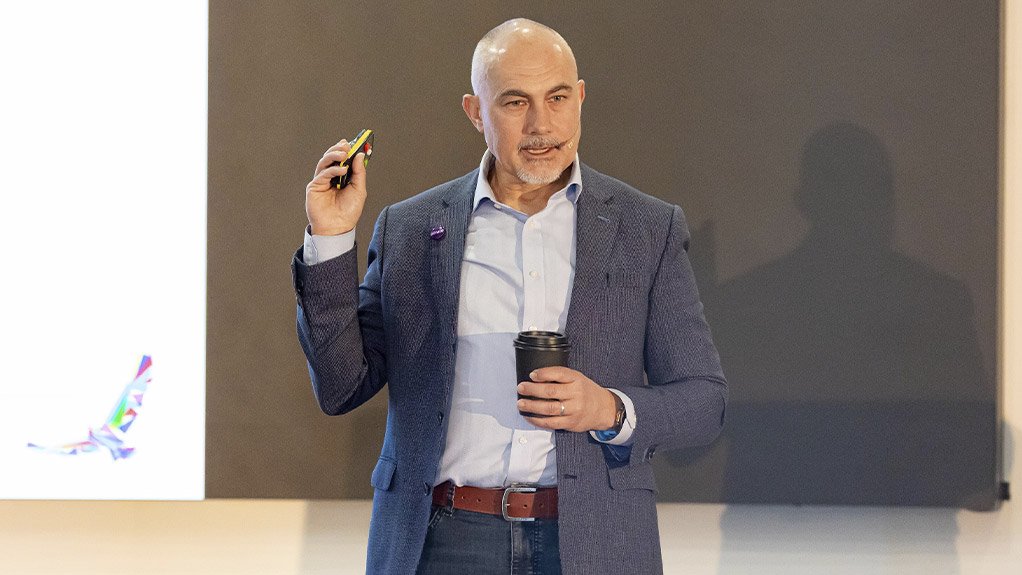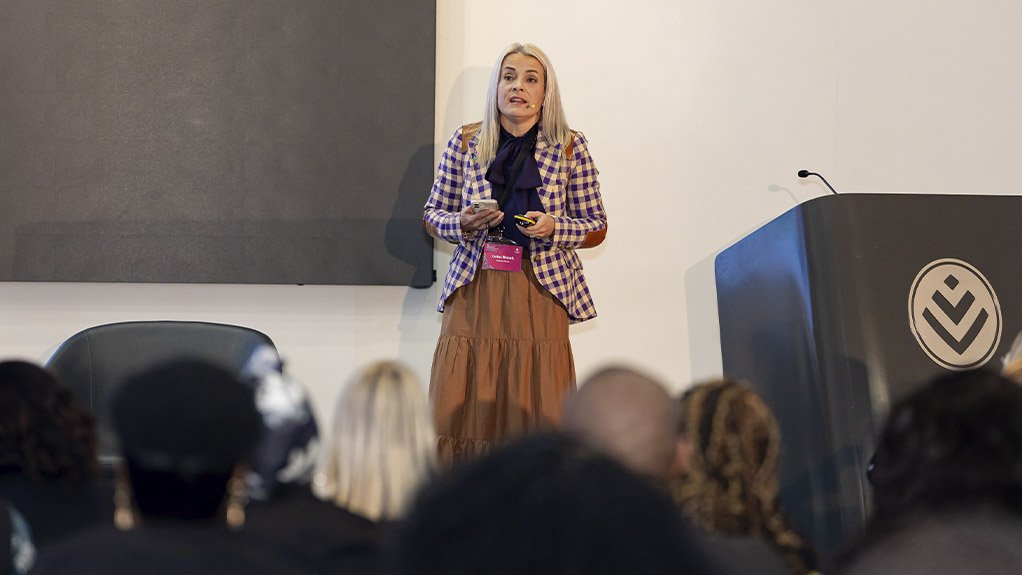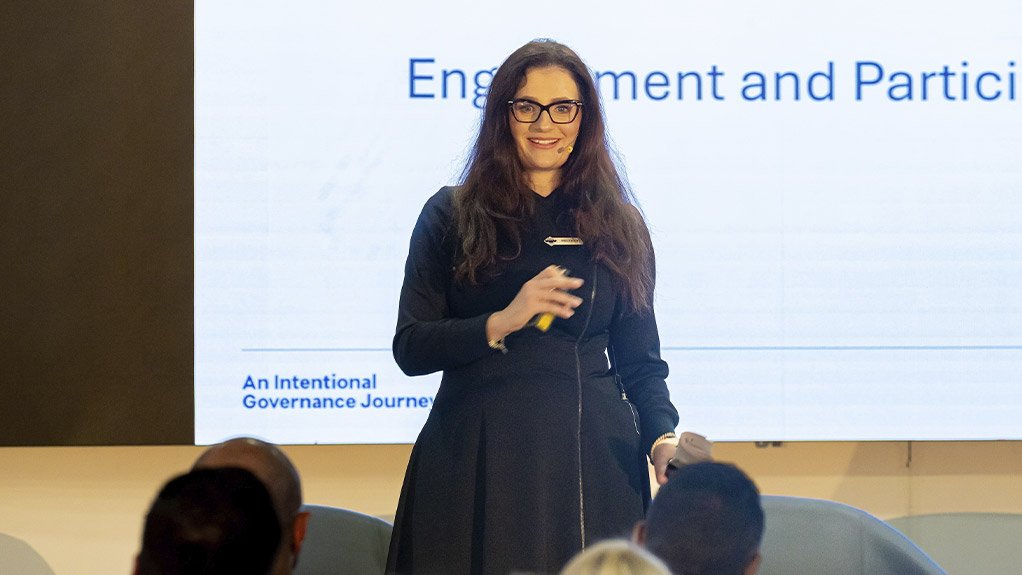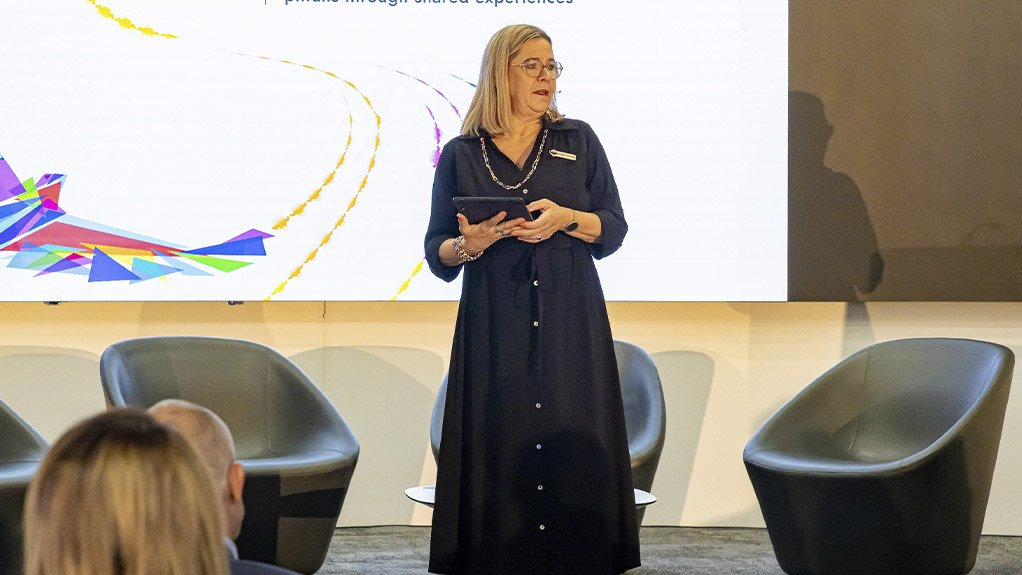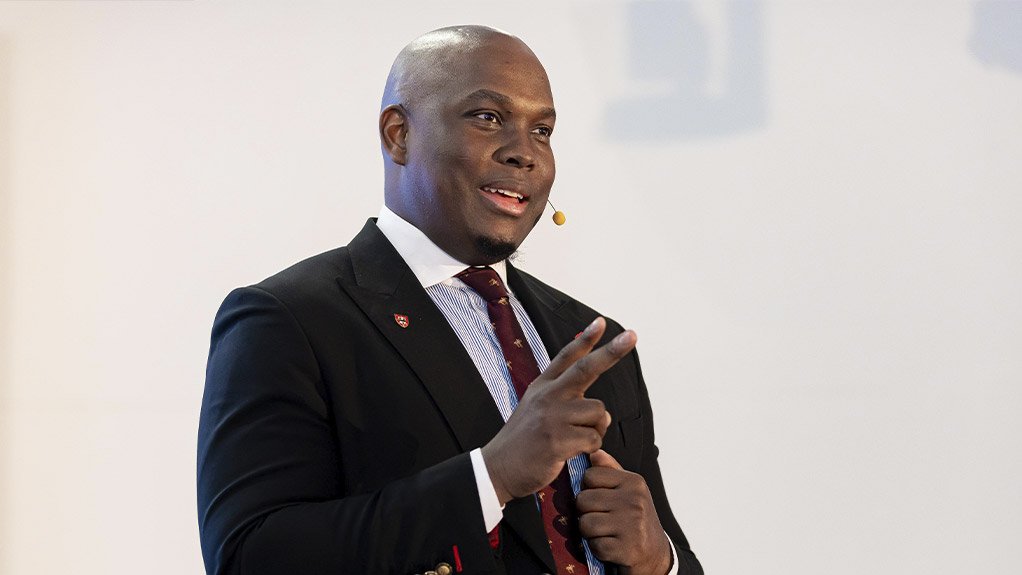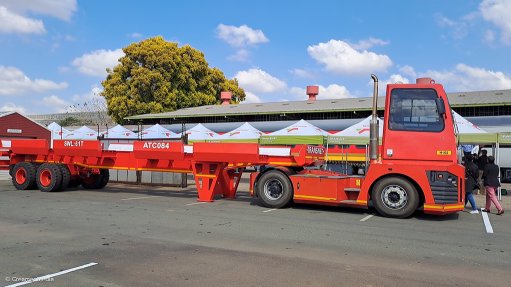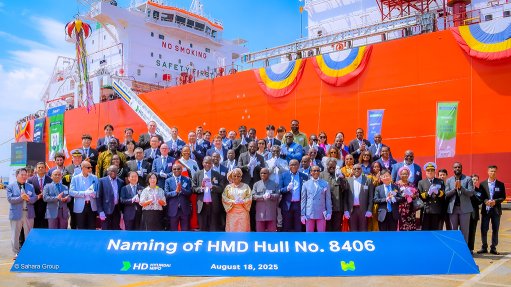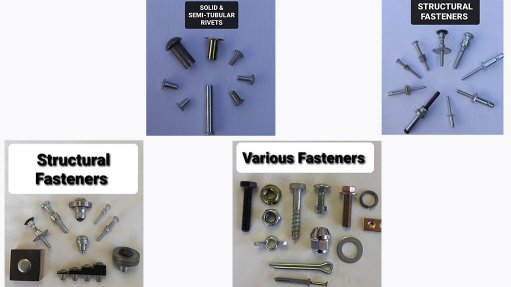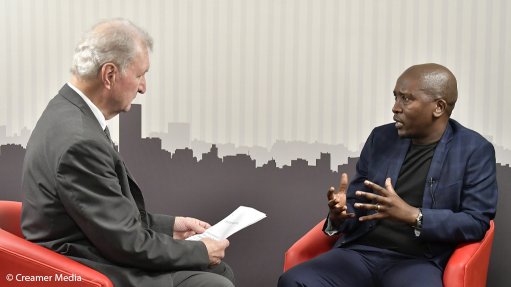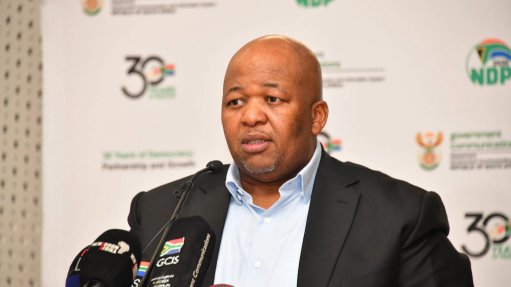Good governance is a ‘living system’ that can fix South Africa's woes
This article has been supplied and will be available for a limited time only on this website.
That good governance is the bedrock of an effective society underpinned every idea discussed at FluidRock Governance Group’s third annual conference, held in Sandton on Friday, 18 August.
Speakers as diverse as entrepreneur and public speaker Vusi Thembekwayo, international corporate governance expert Professor Mervyn King SC, and author and political adviser Professor William Gumede drew delegates from across South Africa to the conference. This year the conference was titled “An Intentional Governance Journey: creating value and avoiding pitfalls through shared experiences”.
“We want to live in a society where people are ethical and intentional, and that requires courage, commitment and clarity about right and wrong,” said FluidRock executive chair Annamarie van der Merwe, opening the conference.
Without solid, ethical governance, a vicious cycle of poor service delivery and despair overwhelms communities, with creditors unpaid, jobs lost and families suffering, said Caitlin Gottschalk, CEO of Gottschalk Attorneys.
“Corporate governance is not just a set of rules, it is a living system with a set of roleplayers that has an effect on stakeholders,” Gottschalk said.
Corporate governance, in South Africa and beyond, has focused on stakeholders – anyone who has an interest in a business – since 2009’s King III Report on Corporate Governance turned governance experts away from the 1980s’ focus on shareholder profit. Conference speaker Ansie Ramalho, chair of the Institute of Directors King Committee on Corporate Governance in South Africa, is working on the King V report, scheduled for release later this year.
The social and economic consequences of public and private sector governance failures are visible in South Africa’s “triple challenge” of poverty, inequality and unemployment. The country’s socio-economic fortunes have been hobbled by a multitude of governance failures at state-owned enterprises and within the public sector, many of which were revealed through the Zondo Commission into state capture, and a number of private sector governance failures, the most visible of which is the 2017 collapse of international retail conglomerate Steinhoff International.
Good governance is an inoculation against a geopolitical environment that is increasingly unpredictable, said Gumede. The global economy is changing under the effects of major forces, such as climate change, artificial intelligence (AI) and changing geopolitics, not least through US President Donald Trump’s actions, he said.
Countries that have inclusive models of government, such as South Africa’s government of national unity (GNU) would weather the storm more effectively, he predicted. This was because coalitions are able to “operate across ideologies” and merge the capacities and energy of diverse groups in a countrywide culture of cooperation.
However, for the GNU to work effectively, it would need to be truly inclusive and to bring the private sector into its efforts to take on the seismic shifts in geopolitics. “The GNU offers us a potentially formidable structure to weather the storm … [and] good governance within the GNU is going to be absolutely key,” Gumede said.
The extent of South Africa’s economic malaise was brought home by Thembekwayo’s statement that South Africa’s economy has grown at an average combined annual growth rate (CGAR) of approximately 1.1% over 11 years.
Without a radical rethink the country was heading for upheaval, because South Africa also attracts migrants, mostly from elsewhere across Africa, he warned. Without formidable economic growth, there will simply not be enough jobs to ensure that people can provide for themselves, or that the state can provide for society.
To grow South Africa’s economy what is needed is investment in South Africa’s mid-sized companies – ones that have the potential to grow – and good governance is a prerequisite for that, said André Nortjé, CEO of Strate, South Africa's principal central securities depository and central collateral platform.
“We want to build the middle, and grow it. It can be the growth engine of South Africa,” Nortjé said. He added that investment is beyond Strate’s remit, but he hoped that other companies would consider putting their money into this type of economic activity.
Financial services group Alexforbes’ 2025 survey on sustainability reporting sentiment revealed that 70.5% of the 173 South African businesspeople questioned were “positive” or “very positive” about it, said Carina Wessels, Alexforbes’ governance, legal, compliance and sustainability executive.
However, she pointed out that a 20-year corporate reporting focus on environmental, social and governance (ESG) issues “hasn’t created a sustainable world” and that only about 30% of the United Nations Sustainable Development Goals are on target to be achieved by 2030. Wessels attributed this to a focus on reporting, instead of on “real action and outcomes” and urged the conference delegates to look at the “impact materiality” of their company’s actions – how its activities affect people, society and the environment.
To add impetus, Wessels pointed out that this will become increasingly important as younger investors, particularly Millennials (born between 1981 and 1996) and Generation Z (born between the mid-1990s and the early 2010s) take over the investment market, she said.
Corporate governance affects every aspect of a business’s operations, and each aspect of a business’s operations affects the others, said FluidRock CEO Ronelle Kleyn.
This is why it is vital to ensure board members are adequately skilled and informed, something FluidRock is well-able to assist with. A company’s governance needs to be planned and intentional. Artificial intelligence is a new tool that board members could use – carefully and intentionally – to better familiarise themselves with all aspects of a business’s operations, she said.
King said corporate governance in South Africa will improve as integrated reporting becomes more mainstream because it removes the silo thinking that characterised past business operation philosophy, turning towards creating value for all stakeholders through adequate controls and professional foresight, which improves a company’s reputation and wins it the trust and confidence of the surrounding community.
The conference underscored a critical message: good governance is not just a theoretical concept or a set of rules for the boardroom; it is a dynamic, living system essential for creating a prosperous and just society. The discussions made it clear that a shared, intentional commitment to ethical governance across both the public and private sectors is the only way to overcome South Africa's "triple challenge" of poverty, inequality and unemployment, expand the economy and set South Africa on a path to prosperity.
Comments
Announcements
What's On
Subscribe to improve your user experience...
Option 1 (equivalent of R125 a month):
Receive a weekly copy of Creamer Media's Engineering News & Mining Weekly magazine
(print copy for those in South Africa and e-magazine for those outside of South Africa)
Receive daily email newsletters
Access to full search results
Access archive of magazine back copies
Access to Projects in Progress
Access to ONE Research Report of your choice in PDF format
Option 2 (equivalent of R375 a month):
All benefits from Option 1
PLUS
Access to Creamer Media's Research Channel Africa for ALL Research Reports, in PDF format, on various industrial and mining sectors
including Electricity; Water; Energy Transition; Hydrogen; Roads, Rail and Ports; Coal; Gold; Platinum; Battery Metals; etc.
Already a subscriber?
Forgotten your password?
Receive weekly copy of Creamer Media's Engineering News & Mining Weekly magazine (print copy for those in South Africa and e-magazine for those outside of South Africa)
➕
Recieve daily email newsletters
➕
Access to full search results
➕
Access archive of magazine back copies
➕
Access to Projects in Progress
➕
Access to ONE Research Report of your choice in PDF format
RESEARCH CHANNEL AFRICA
R4500 (equivalent of R375 a month)
SUBSCRIBEAll benefits from Option 1
➕
Access to Creamer Media's Research Channel Africa for ALL Research Reports on various industrial and mining sectors, in PDF format, including on:
Electricity
➕
Water
➕
Energy Transition
➕
Hydrogen
➕
Roads, Rail and Ports
➕
Coal
➕
Gold
➕
Platinum
➕
Battery Metals
➕
etc.
Receive all benefits from Option 1 or Option 2 delivered to numerous people at your company
➕
Multiple User names and Passwords for simultaneous log-ins
➕
Intranet integration access to all in your organisation



